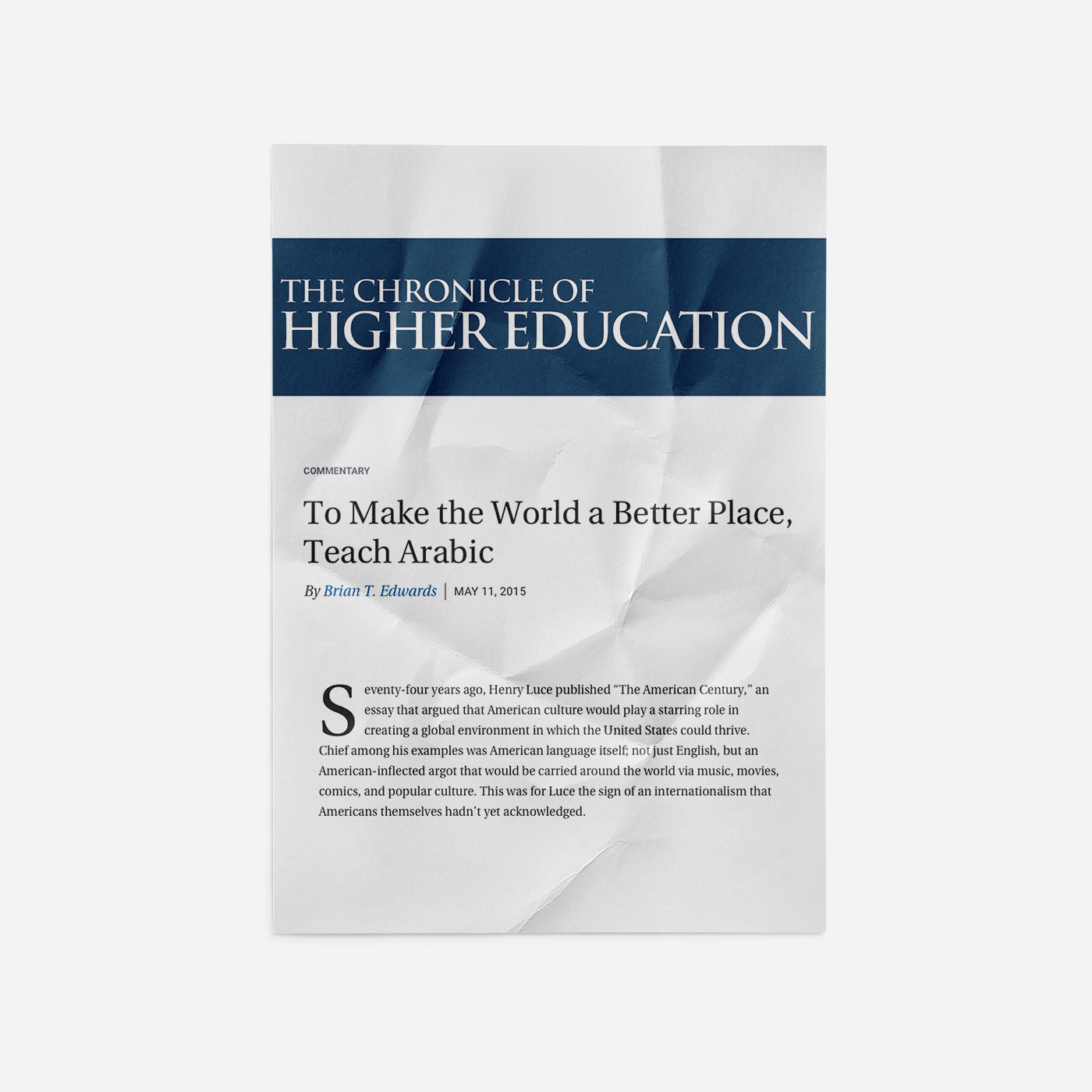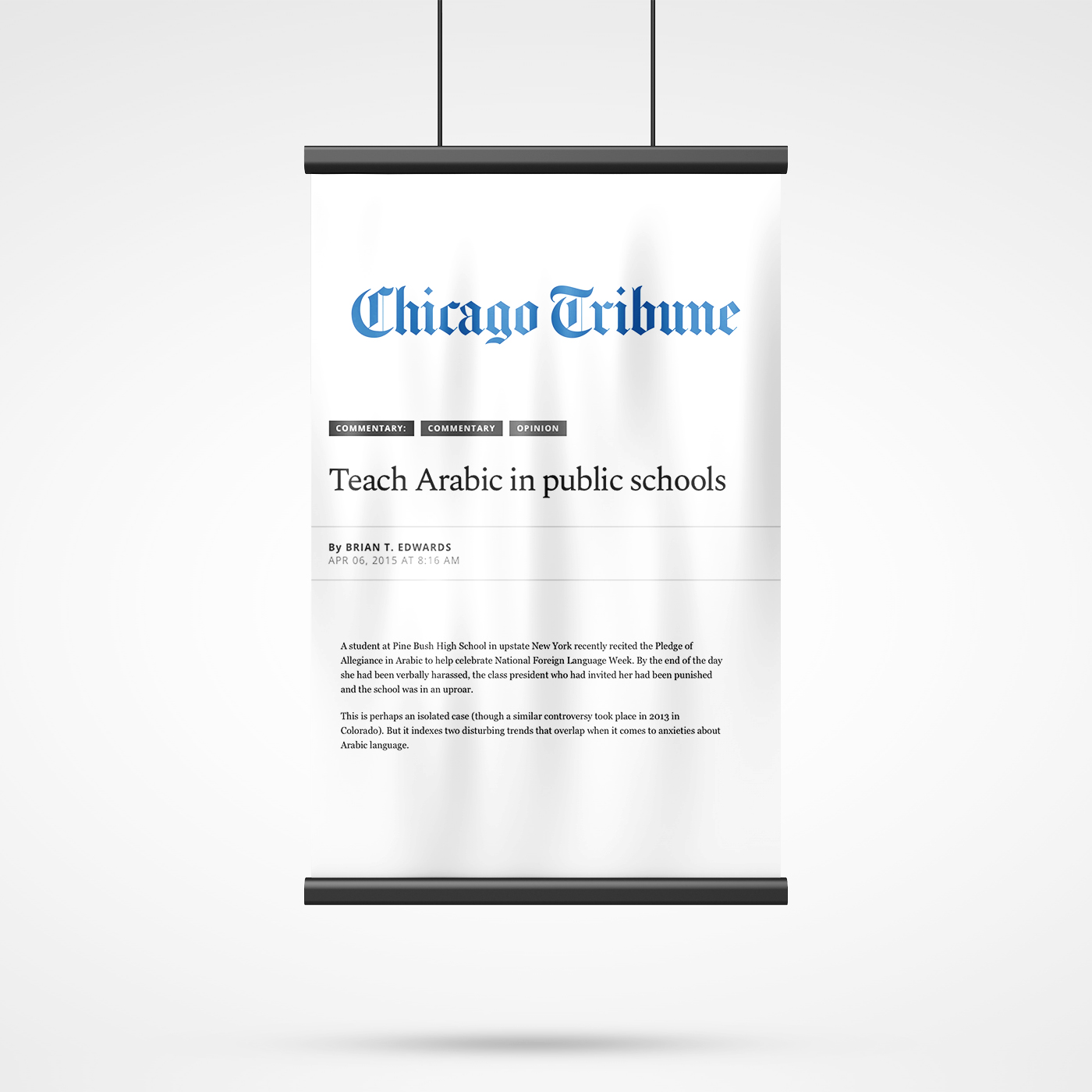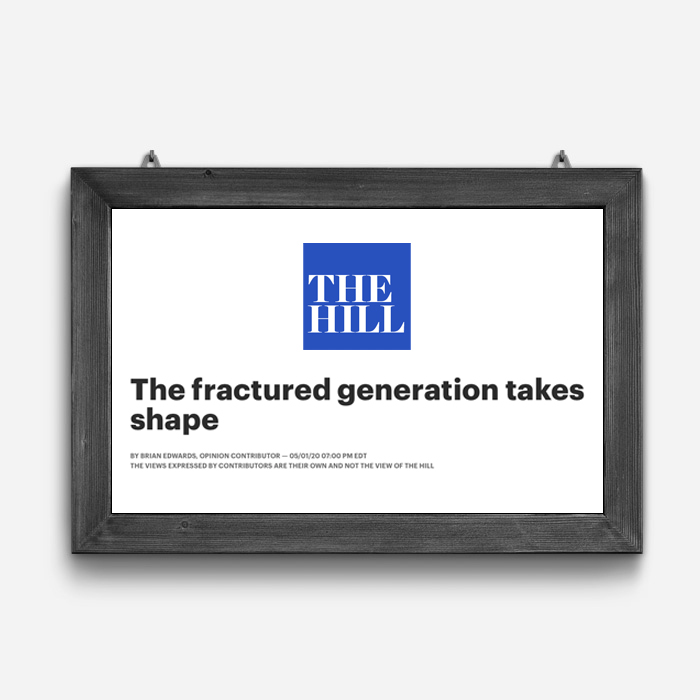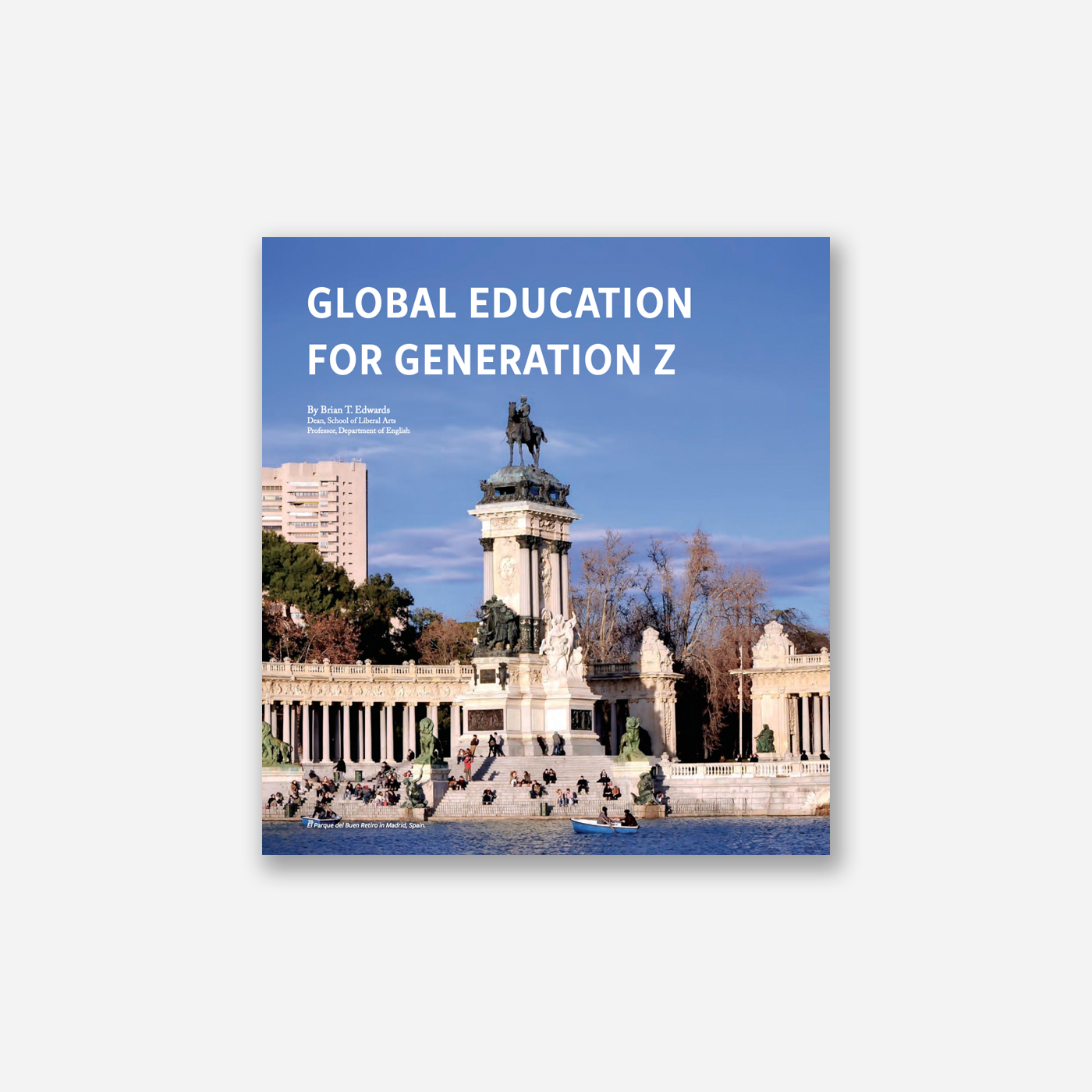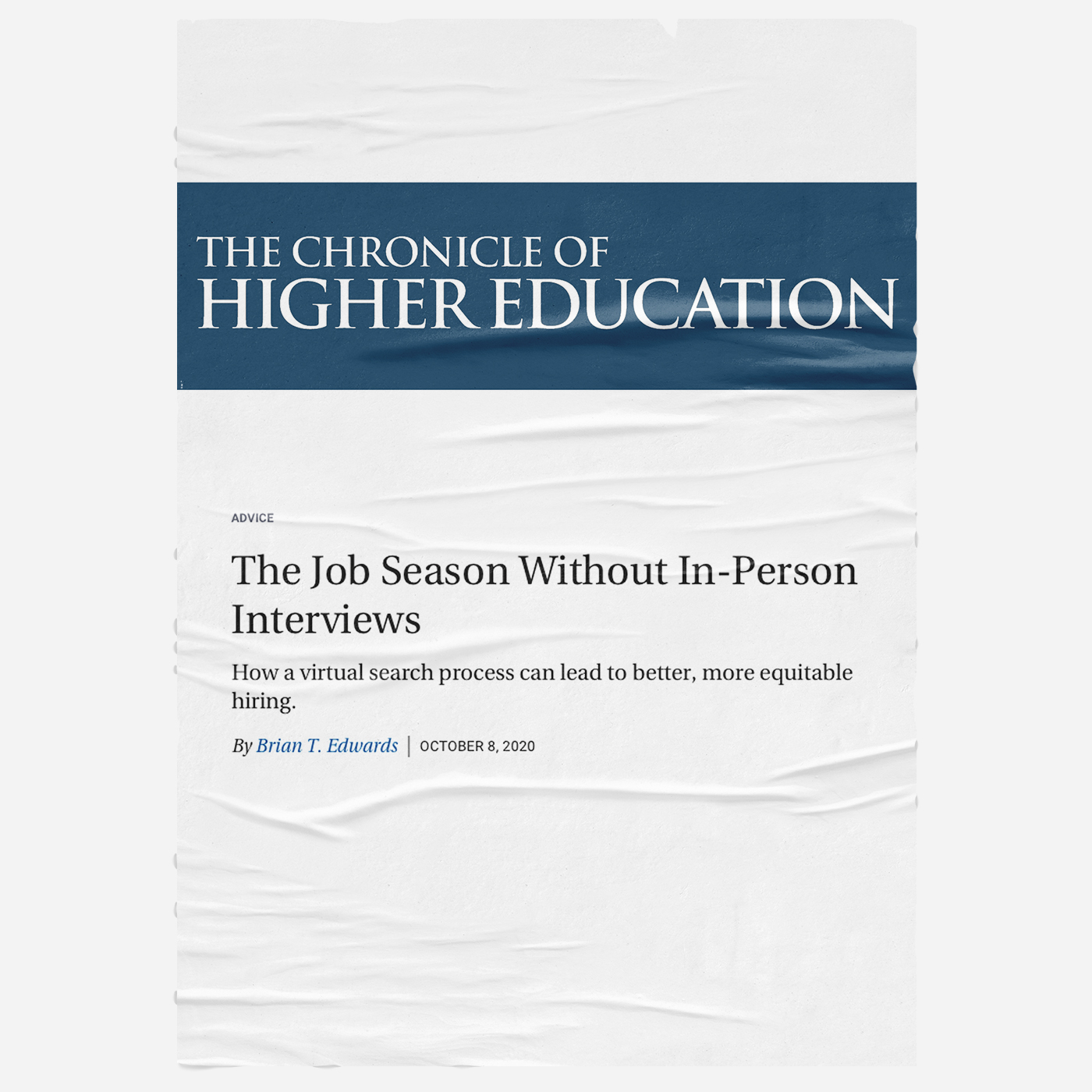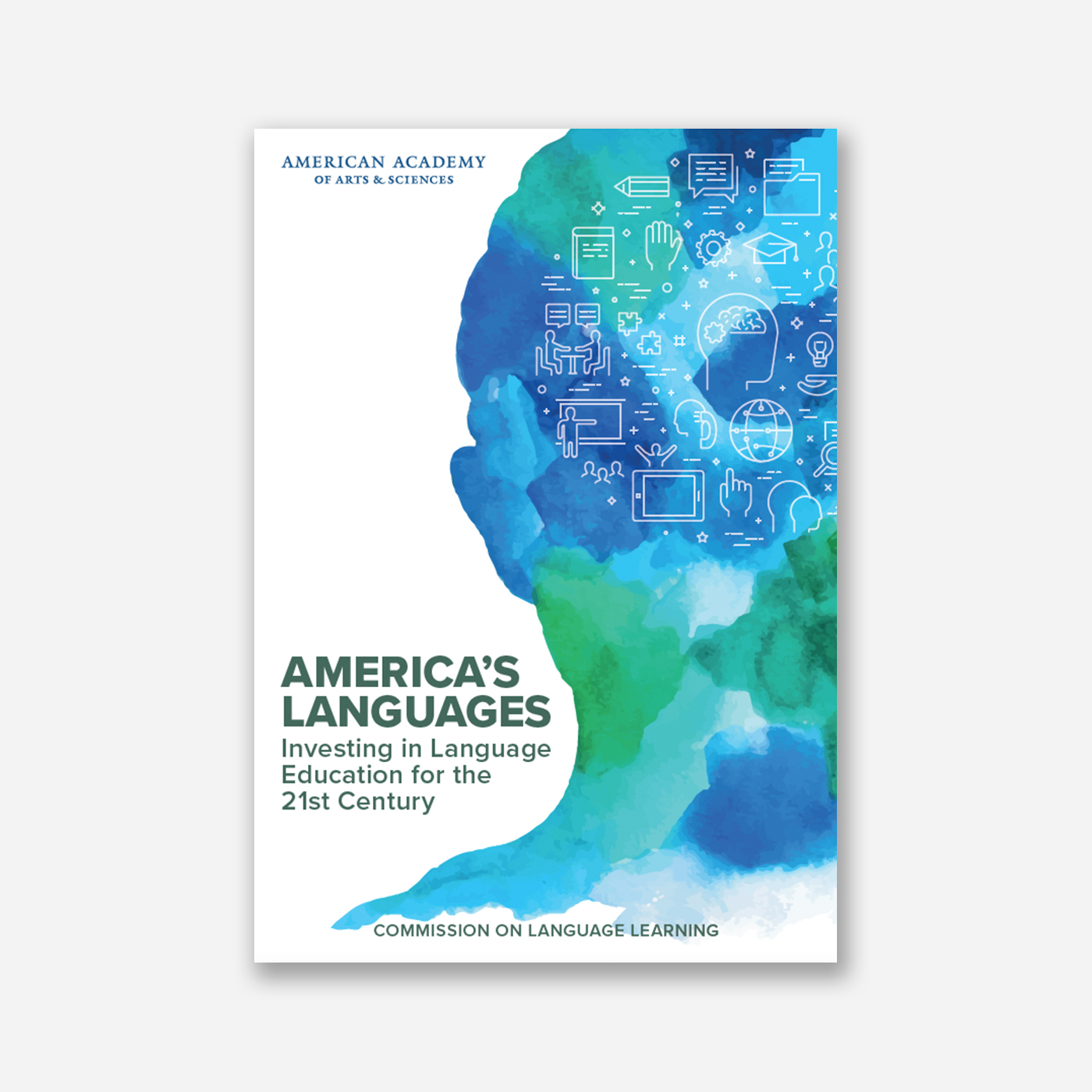
American Academy of Arts and Sciences’
Commission on Language Learning
America's Languages: Investing in Language Education for the 21st Century, 2017
From 2016 to 2017, Edwards served on the American Academy of Arts and Sciences’ Commission on Language Learning. In response to a bipartisan request from members of the United States Senate and House of Representatives, the Academy created a national commission to examine the current state of language education, to project what the nation’s education needs will be in the future, and to offer recommendations for ways to meet those needs.
The Commission’s final report, America’s Languages: Investing in Language Learning for the 21st Century, offers concrete recommendations to improve access to as many languages as possible, for people of every age, ethnicity, and socioeconomic background.
